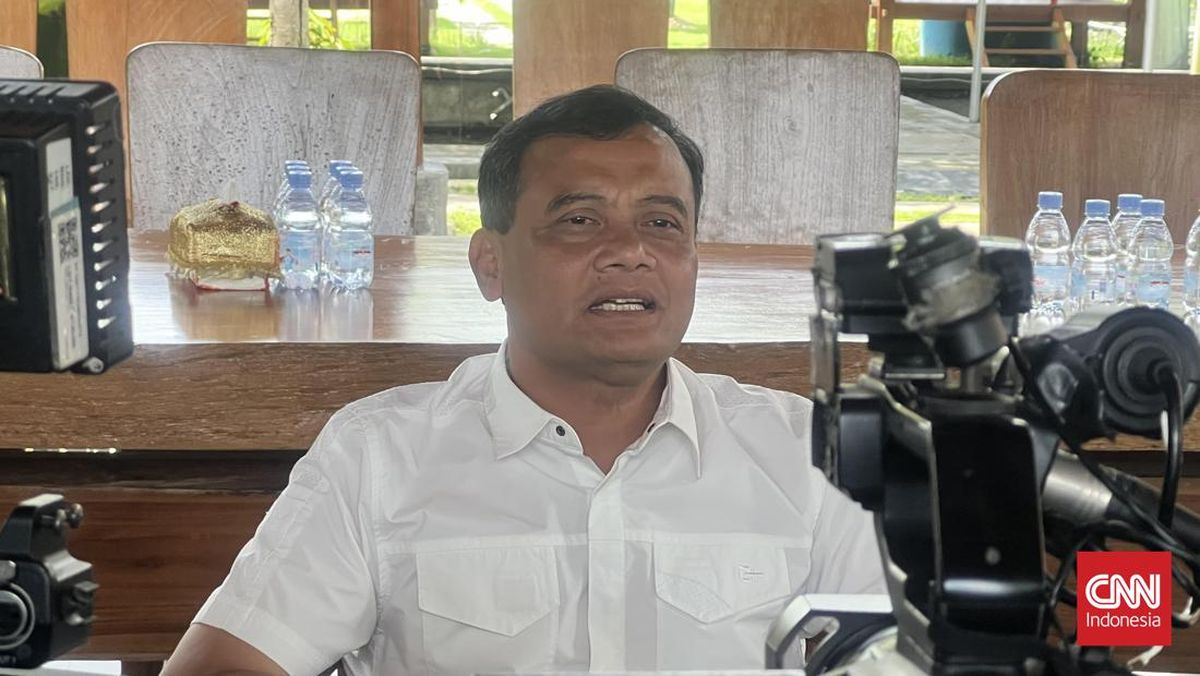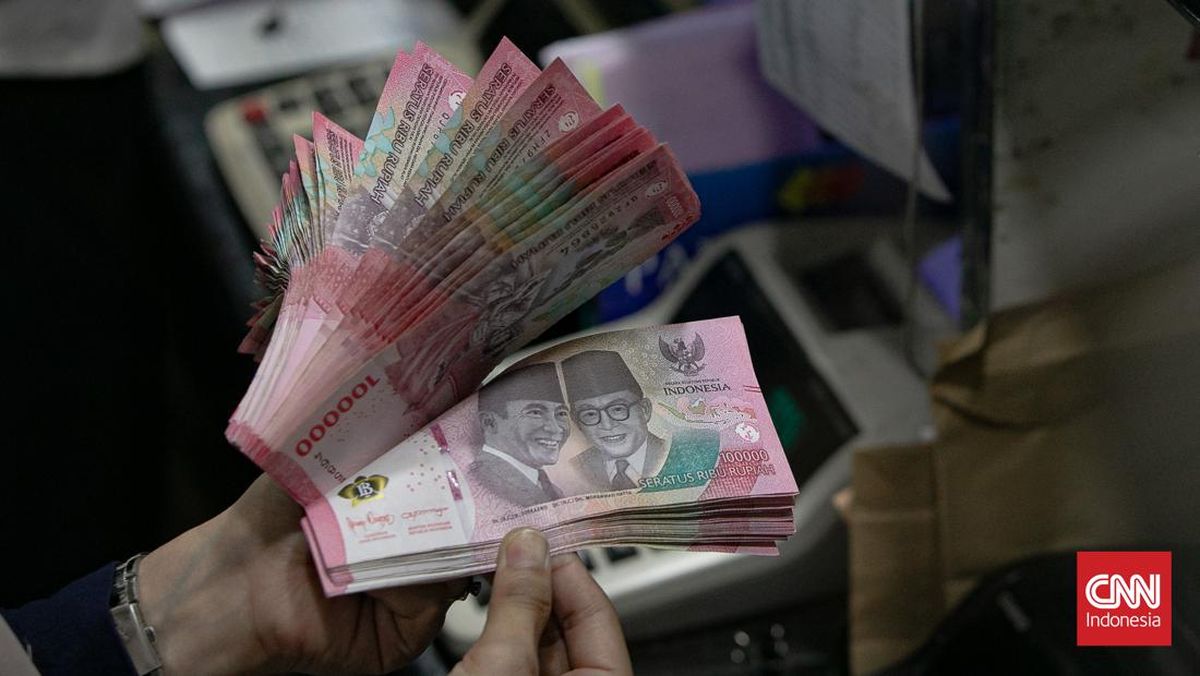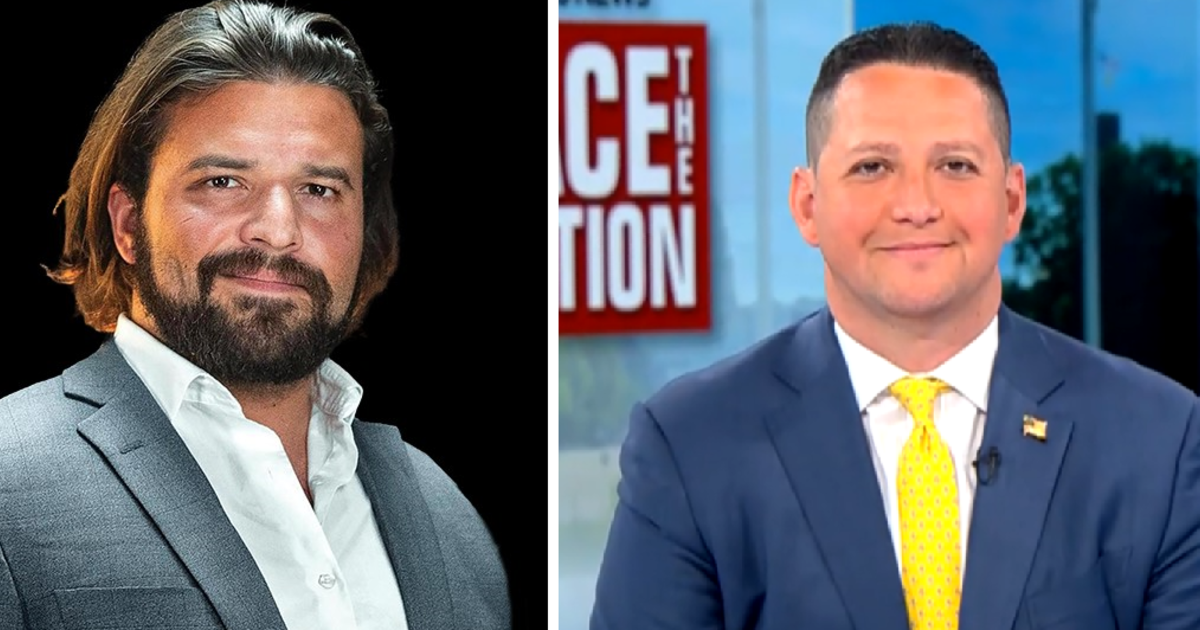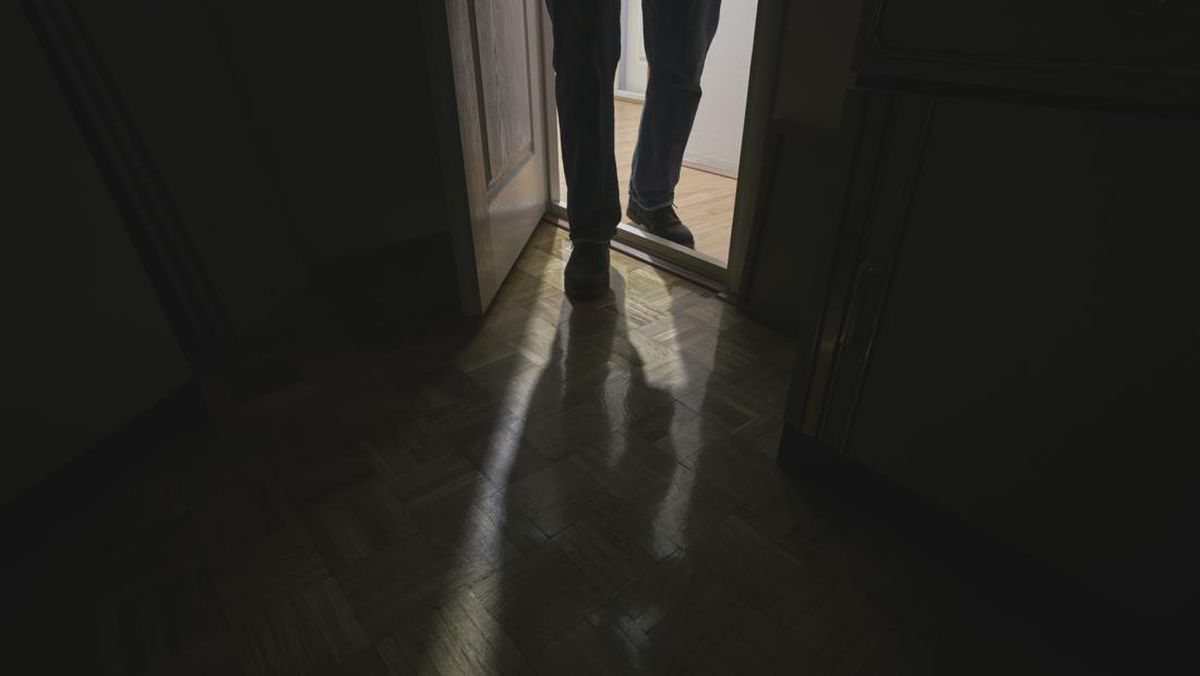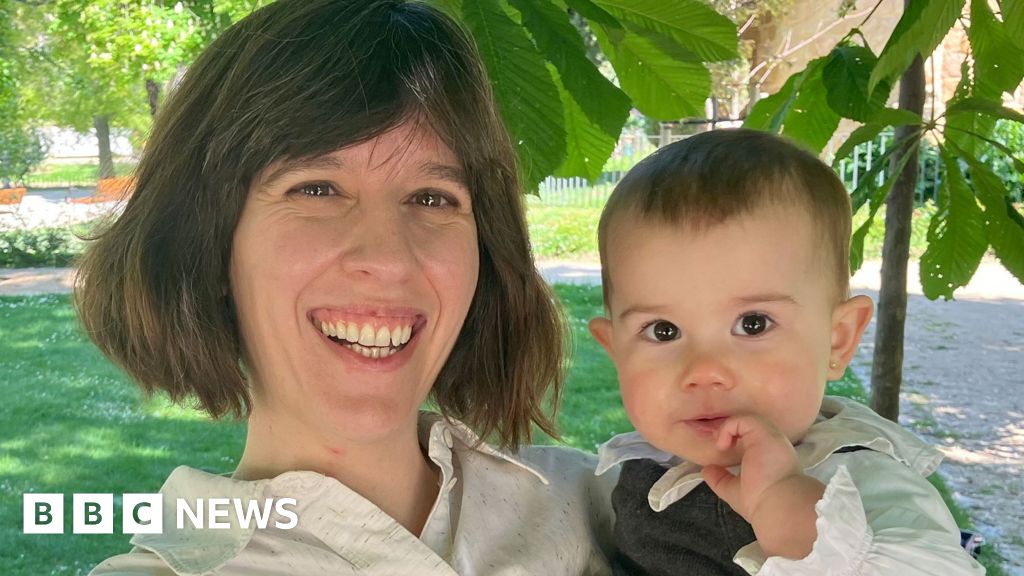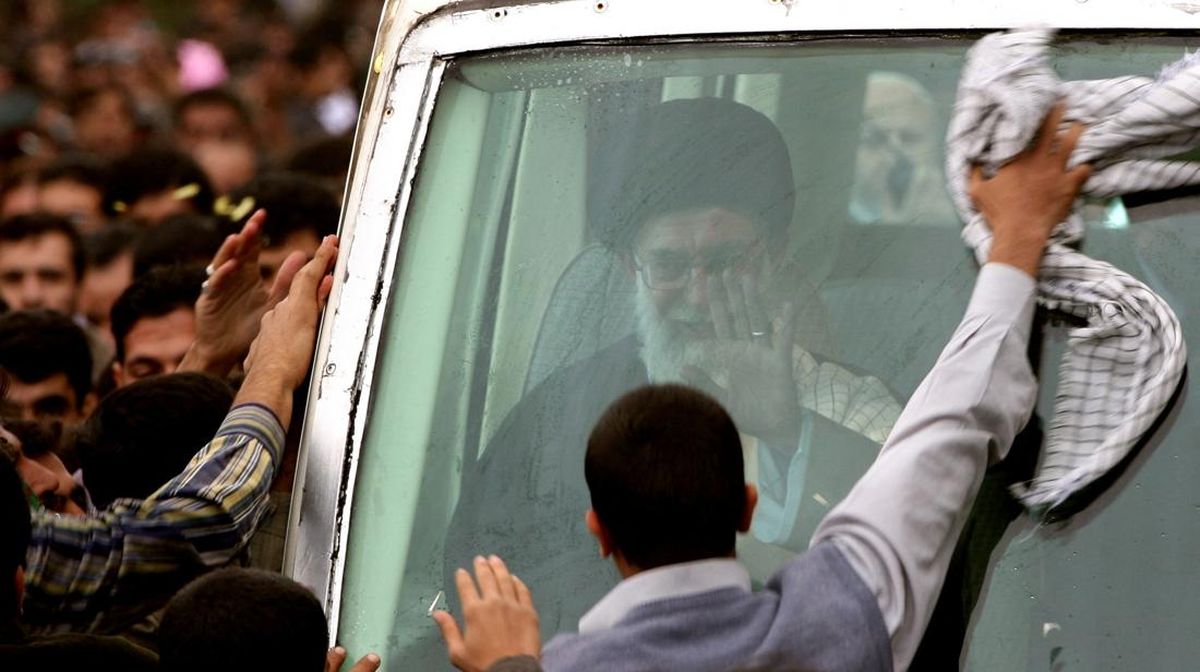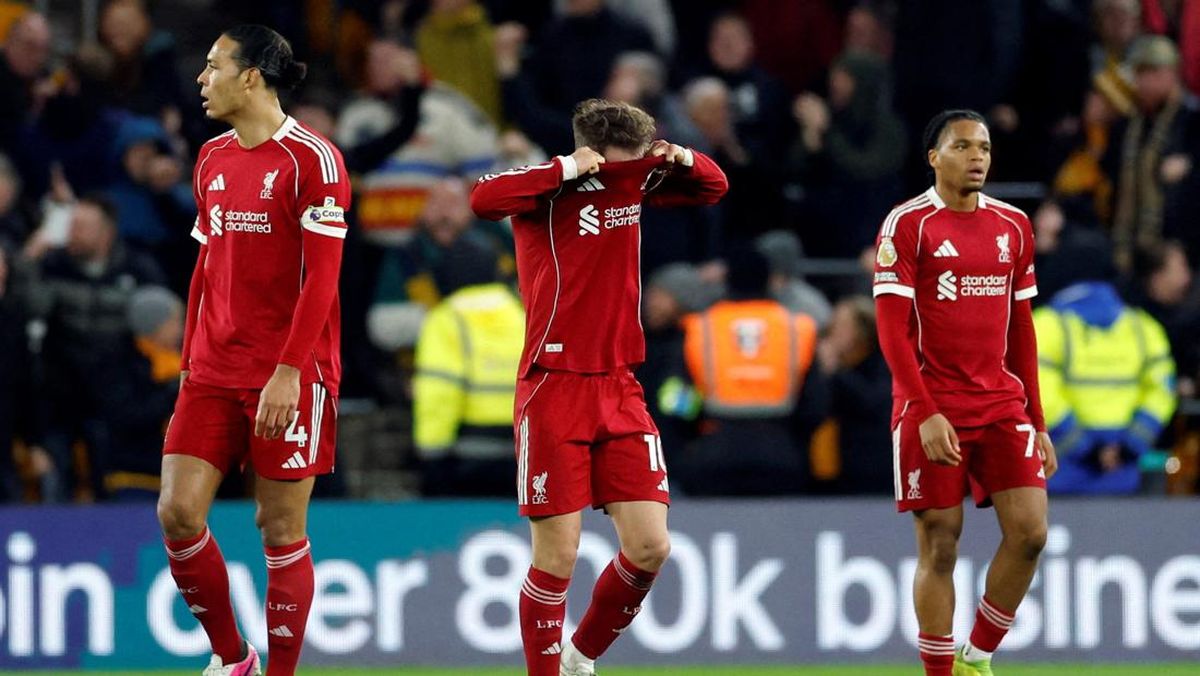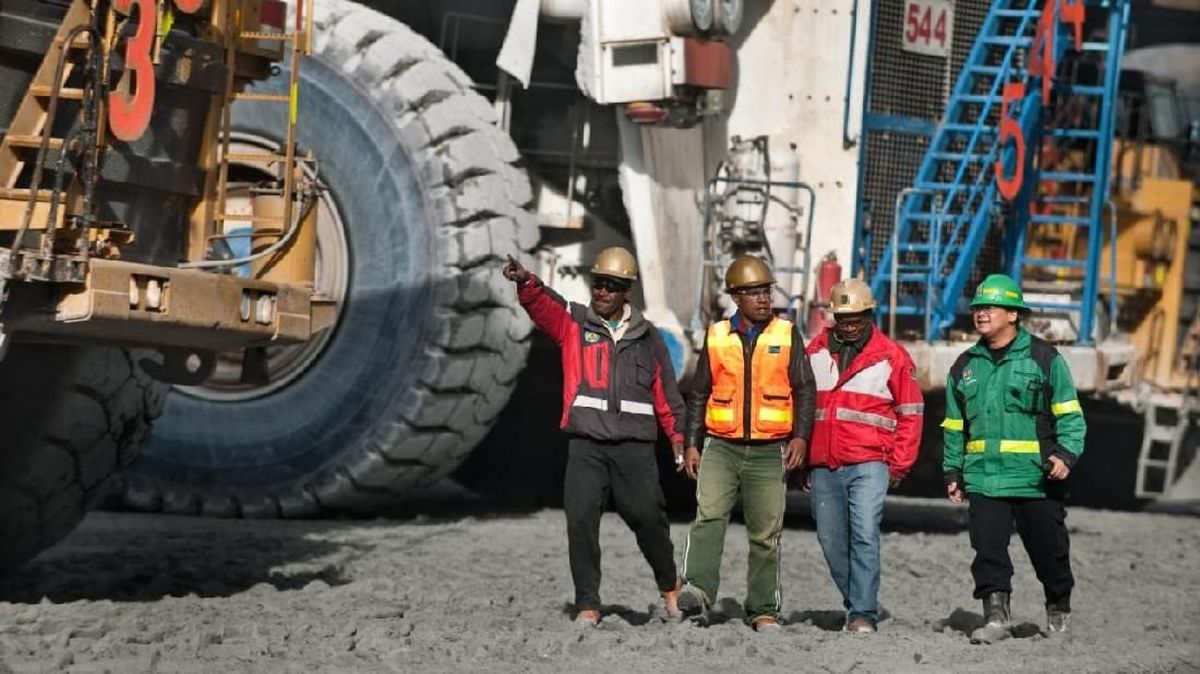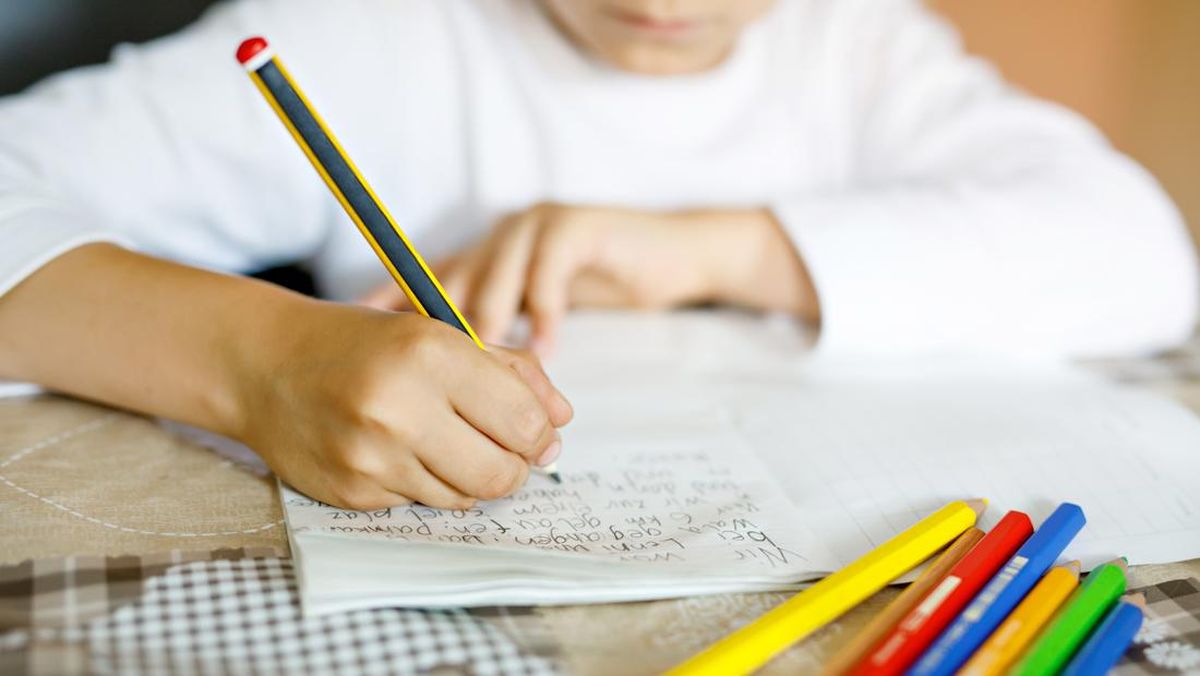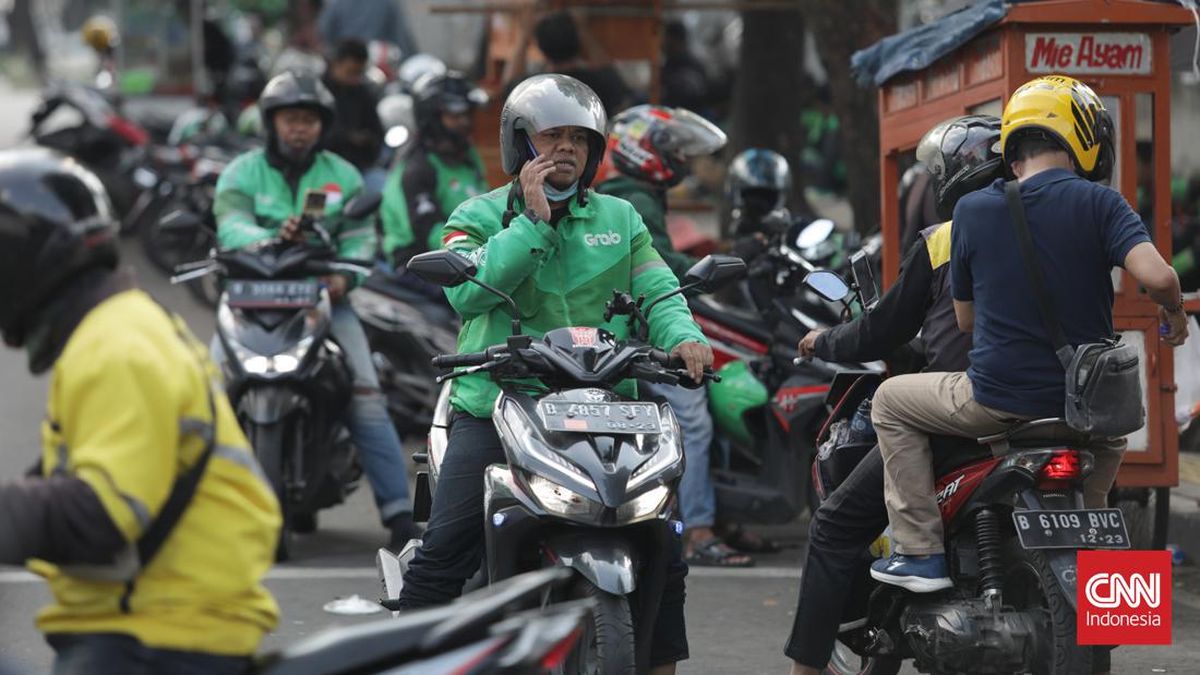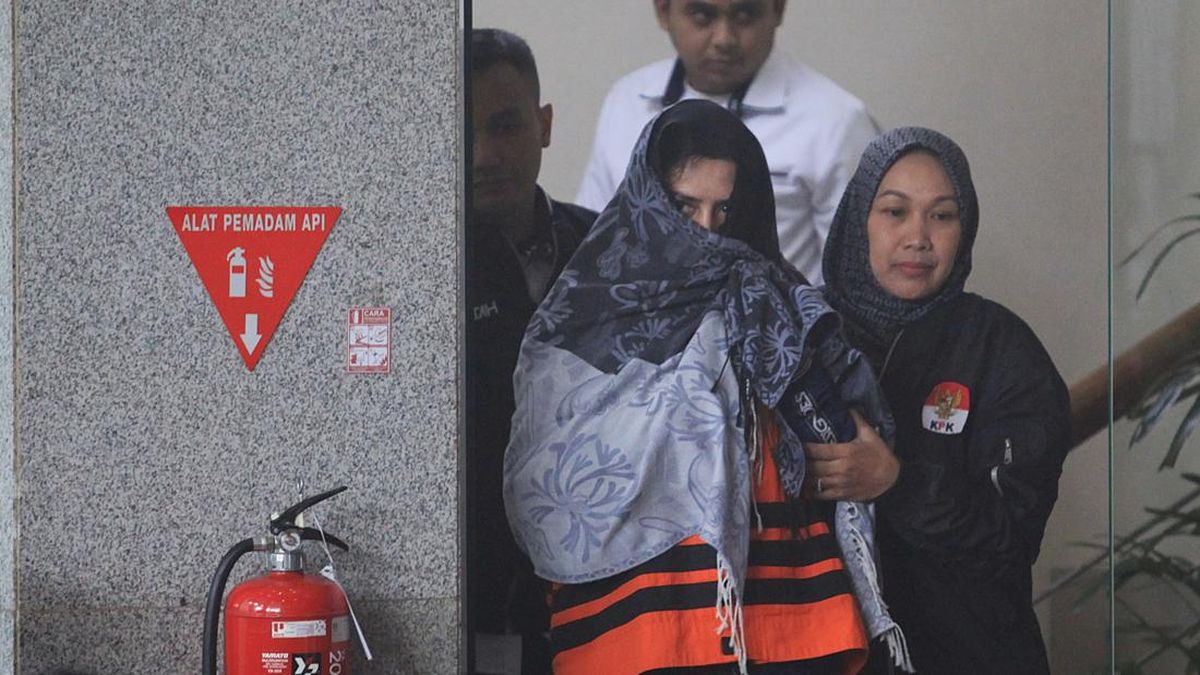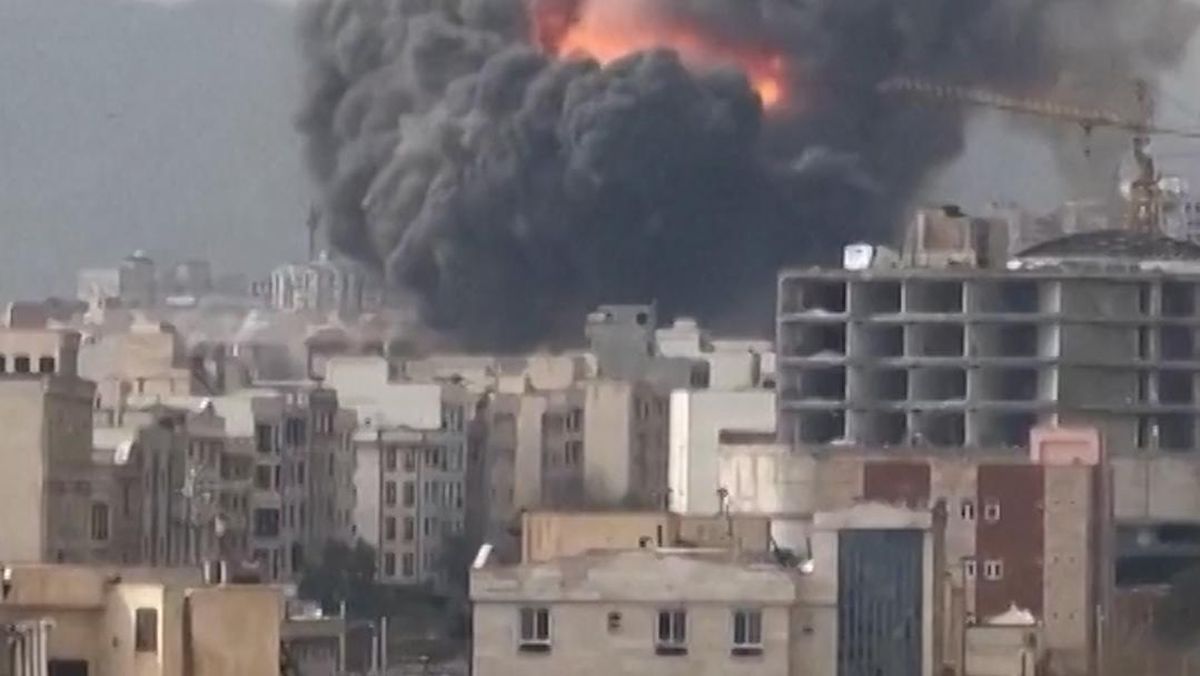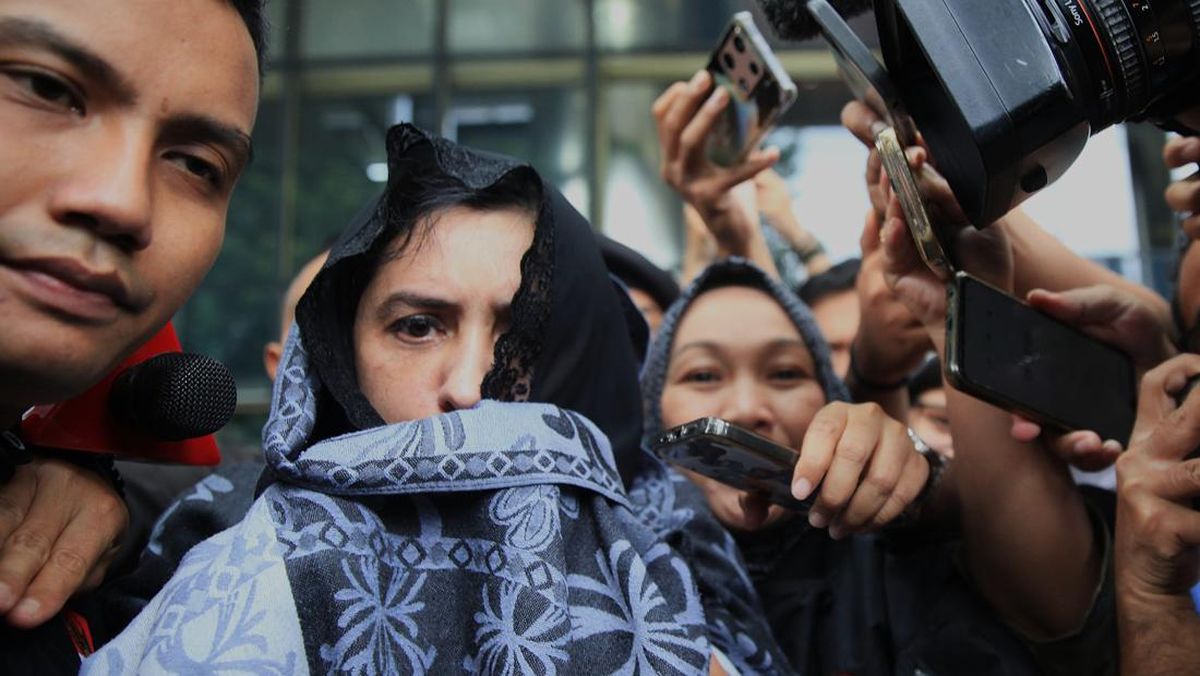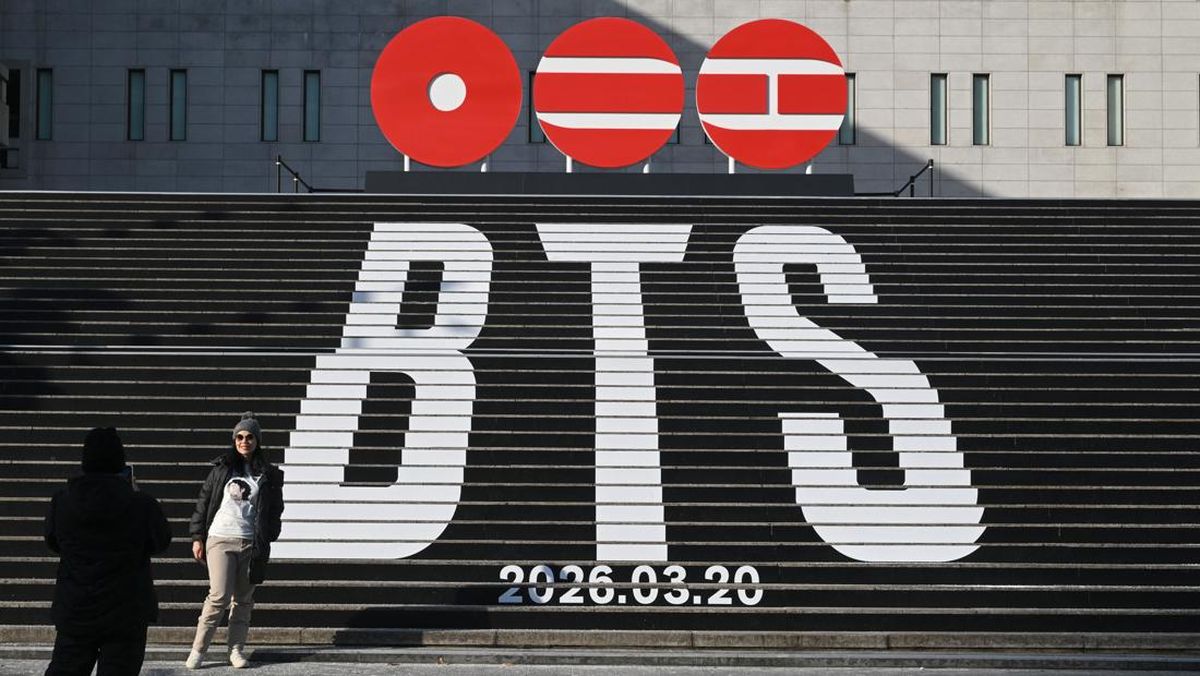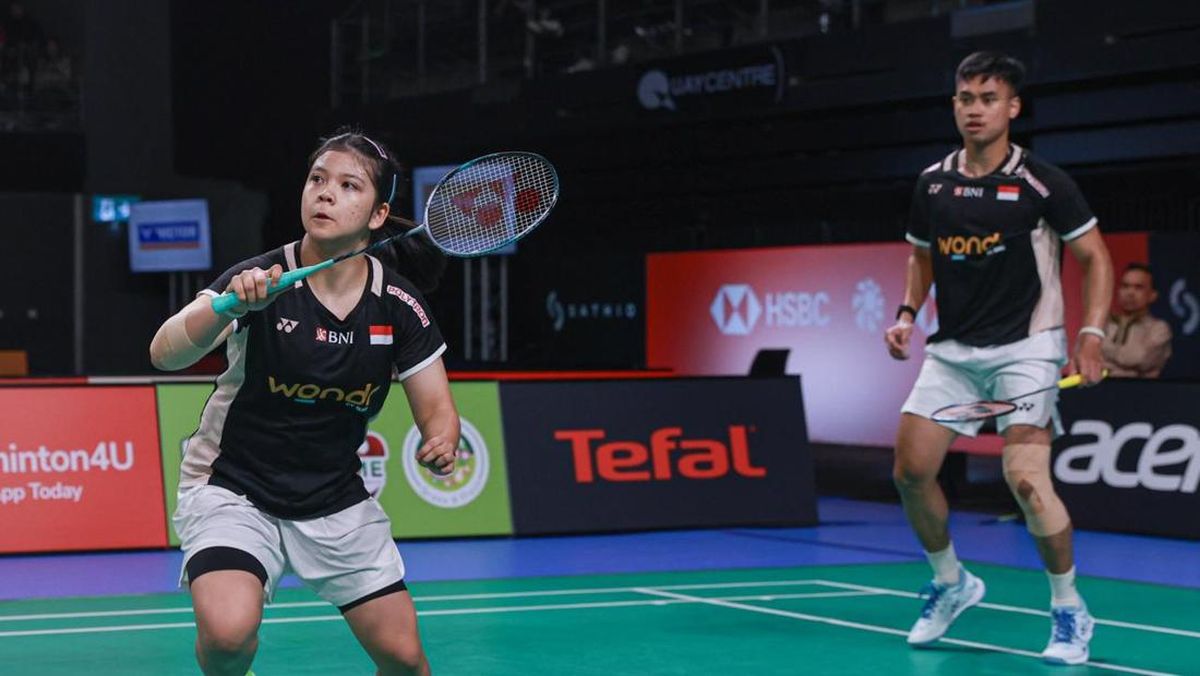The world’s most locked-down children are about to start school in Melbourne next year, with experts warning parents and teachers to look out for some potential behavioural issues.
Most of next year’s preppies were born in 2020 during the COVID-19 pandemic, when the Victorian government declared a state of emergency, issued strict stay-at-home orders and mandated face masks and curfews.

Lauren Donley, right, is preparing to send her daughter Audrey to prep next year. Professor Kim Cornish, left, says parents should watch out for potential behavioural issues.Credit: Eddie Jim
For some pandemic babies, the lockdowns meant they got extra love and attention at home. But the longest and strictest lockdown regime in the world was also isolating and uncertain.
Victoria University professor Kim Cornish, author of The Post-Pandemic Child, said babies born in 2020 could find it harder to concentrate, regulate emotions or mix with their schoolmates.
“Children born during the pandemic are an especially unique cohort,” said Cornish.
“Their earliest months were spent in quieter, more isolated environments – a world of masks, limited social contact and fewer opportunities for shared language and play.
Tips to prepare pandemic babies for school
- Speak to kindergarten teachers and the school about transitions from kinder to prep
- Familiarise your child with the school grounds, go to transition days, visit the school playground and tell social stories about the school
- Talk about school processes, wearing hats outside and using lunchboxes
- Discuss how they would ask someone new to play with them and model games at home
- Prepare for big emotions, new behaviours and for them to be very tired
- Ensure children have a good afternoon tea and go to bed earlier than usual
- Some children experience separation anxiety, so find out what works best for your child when you arrive at the school gates - whether that’s ‘drop and go’ or a gradual release
- If your child needs extra support, consider a school readiness program
- Weekly organised team sports could help with social play and preparedness
“I think the generation coming up now into school are simply the ones who have been forgotten.”
Yarraville mum Lauren Donley’s daughter, Audrey, was born in August 2020, when Melbourne enforced a curfew and five-kilometre travel limit.
“We were right in the thick of that – we had to break curfew to go into the hospital and give birth,” she said.
Donley’s antenatal classes were cancelled, her husband was barred from their ultrasound appointments and at one stage, the 42-year-old worried her husband would not be allowed into the hospital for their daughter’s birth.

Lauren Donley and daughter Audrey.Credit: Eddie Jim
“It was just kind of unknown rules, constantly changing,” she said.
Donley does not believe the pandemic had any detrimental impacts on her child, but said that some of the parents in her mothers’ group were not so sure.
“I think maybe for kids that have high-level needs, I think it potentially would be more of an impact.”
Experts in speech and language development, including Charles Sturt University’s associate professor Sarah Verdon, believe it is too early to identify the pandemic’s impacts on young children.

A closed children’s playground on March 24, 2020 in London, United Kingdom.Credit: Getty
“I think it would be so important for our schools to be very vigilant about this cohort because we just don’t know,” she said.
She said she had seen issues emerge with children’s communication skills and social interaction and that more kids were getting flagged for autism after displaying social interaction problems.
“Sometimes kids who genuinely did have autism would go to the pediatrician, and the pediatrician would say, ‘oh, I think it’s just because they’re a COVID baby, don’t worry, they’ll catch up’,” she said.
“There’s a whole cohort of kids that are potentially getting dismissed because of COVID.”
Loading
Footscray City Primary School assistant principal Grace Speight said that post-pandemic, she had seen an increased need for preschool reports for children potentially requiring early intervention.
But new post-pandemic resources such as the school-wide positive behaviour programs, the Victorian Teaching and Learning model, mental health support and detailed kinder-to-school transition had helped.
“It’s all about practice makes progress and that practice builds comfort,” she said.
Starting school, she said, was a huge transition. She said parents should prepare for big emotions, new behaviours and challenges, and recommended lots of afternoon tea and early nights.
“It is the equivalent of starting a new job,” Speight said. “There will be a lot of tiredness, and preparing for that in term one will be really important.”
Cornish is developing a free digital tool called Thrive Early to help teachers note any concerning behaviours still unresolved by the end of term one, and look at early interventions.
She will discuss her research at a public forum at Victoria University on November 13.
“I don’t want our children growing up to be fearful,” she said. “I don’t want them growing up to not be able to look at uncertainty and feel they can get through it.”
Start the day with a summary of the day’s most important and interesting stories, analysis and insights. Sign up for our Morning Edition newsletter.
Most Viewed in Politics
Loading

